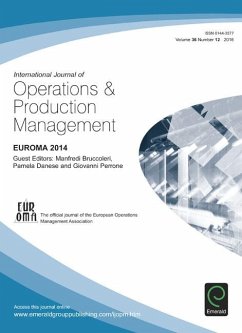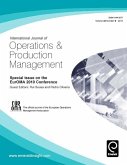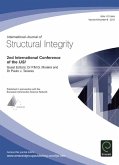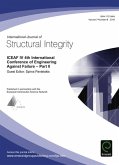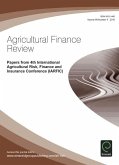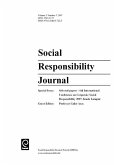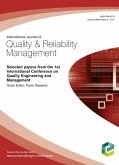The 21st International EurOMA (EurOMA 2014) Conference was hosted by Universita degli Studi di Palermo. The conference theme was Operations Management in an Innovation Economy. According to innovation economists what primarily drives economic growth in today's knowledge-based economy is not capital accumulation but innovative capacity spurred by appropriable knowledge and technological externalities. Economics growth in innovation economics is the end-product of knowledge, R&D expenditures, licenses, technological spillovers and externalities between collaborative firms, i.e. supply chains and networks of innovation. When firms do not explicitly acknowledge and manage their operations as a concurrent activity to the management of innovation, they often encounter problems late in product development, or with manufacturing launch, logistical support, quality control, and production costs. As such, innovation process and operations management should be coordinated, rather than being viewed as separate sets of decisions and activities.We received 592 abstracts and used a doubled-blind review process, involving 127 members of the Scientific Committee, to review 586 abstracts (6 abstracts were desk rejected) and provide feedback to the authors. Of these, 513 were accepted and 73 rejected. The accepted abstracts resulted in 405 full papers in the Scientific Programme. With 3 papers subsequently withdrawn, there were 402 paper presentations in prospect.The most recurrent OM themes were: Sustainability in Operations and Logistics (42 papers); Supply Chain Management (35 papers); Innovation, Product and Service Development (32 papers); Managing Inter-firm Relationships in Supply Chains (30 papers); Healthcare OM (21 papers); Lean and Agile Operations (21 papers).
Dieser Download kann aus rechtlichen Gründen nur mit Rechnungsadresse in A, B, BG, CY, CZ, D, DK, EW, E, FIN, F, GR, HR, H, IRL, I, LT, L, LR, M, NL, PL, P, R, S, SLO, SK ausgeliefert werden.

